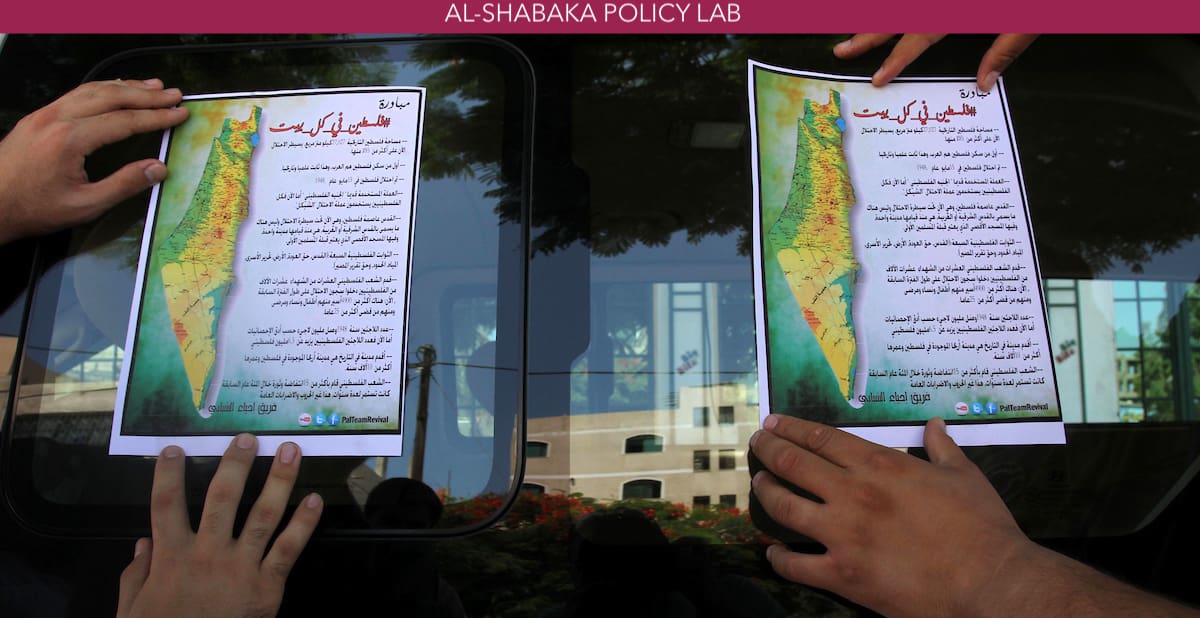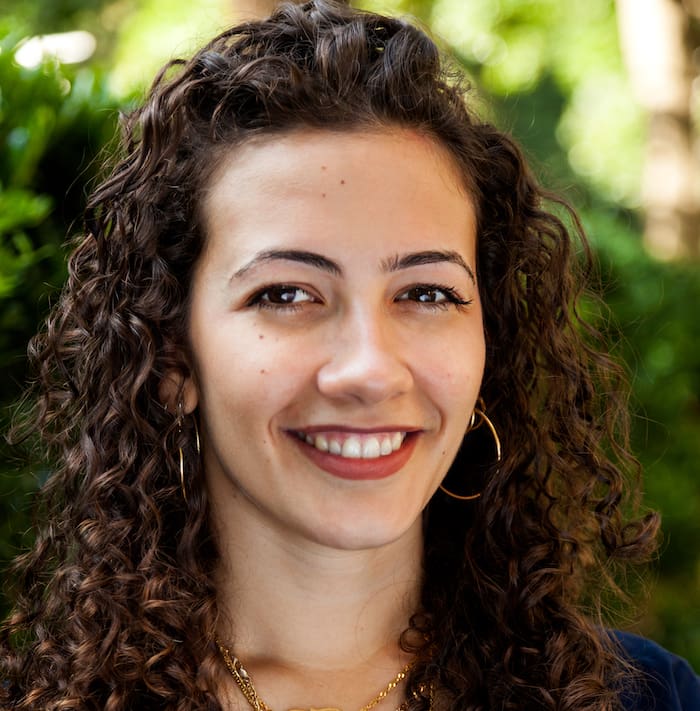
“The practice of mapping in Palestine-Israel has long been an exercise in power, imperialism, and dispossession.” So writes Zena Agha in her recent policy brief for Al-Shabaka. But how can maps be reclaimed as tools for resistance? And can they be utilized to help envision a different Palestinian future?
In our first policy lab of 2020, Zena Agha and Ahmad Barclay join host Nur Arafeh to discuss the ways in which maps and other visualization tools serve as sites to entrench power disparities as well as to empower communities to reimagine their colonized homelands.
Zena Agha served as Al-Shabaka's US Policy Fellow from 2017 - 2019. Her areas of expertise include Israeli settlement-building in the occupied Palestinian territory with...
Nur Arafeh is a Fellow at the Malcolm H. Kerr Carnegie Middle East Center, in Washington DC, where her work focuses on the political economy...
Al-Shabaka Policy Member Ahmad Barclay is an architect and environmental designer presently based in Beirut. He is co-founder of arenaofspeculation.org, and also works on Visualizing...














